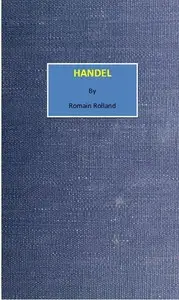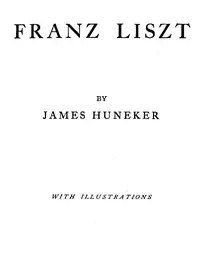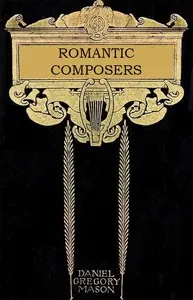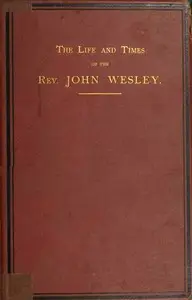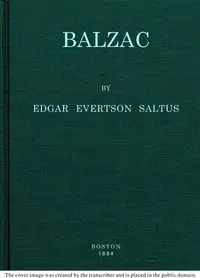"Edward MacDowell, His Work and Ideals" by Elizabeth Fry Page, tells the story of a famous American composer during the start of the 1900's. The book talks about Edward MacDowell’s life and what he believed about music. It looks at what inspired him to write music, including European music and his American background, and what ideas made his music what it was. Elizabeth Fry Page gives respect to MacDowell’s role in music. She also breaks down his songs, which are often about poems; the book gives poetic explanations from his work, by linking his music to nature and emotions. The book is about MacDowell's difficulties, his strong connection to the natural world, and the magical feel of his music. Page thinks about why it's vital to assist artists' creativity, relating to MacDowell’s idea for the MacDowell Colony, a place for musicians and artists to grow.

Edward MacDowell, His Work and Ideals
By Elizabeth Fry Page
Discover the life of a gifted composer whose music, touched by nature and dreams, helped shape American art.
Summary
About the AuthorElizabeth Fry Page was an American author and editor associated with the South. A co-founder of the Tennessee Woman's Press and Authors' Club, she served as the Poet Laureate of the Tennessee division of the Daughters of the American Revolution (D.A.R.) and that of the Tennessee Division, United Daughters of the Confederacy (UDC). She lectured on literary, musical and philosophical subjects. Coming from a long line of literary ancestors, Page's journalistic life began early, and she worked in many branches of her profession, as a journalist, magazine editor, essayist, short story writer and a producer of verse. Among her published works can be counted Vagabond Victor: Or, The Downfall of a Dog; a True Story (1908), Edward MacDowell, his work and ideals (1910), The romance of Southern journalism (1910), and A garden fantasy (1923). Page was also a veteran clubwoman.
Elizabeth Fry Page was an American author and editor associated with the South. A co-founder of the Tennessee Woman's Press and Authors' Club, she served as the Poet Laureate of the Tennessee division of the Daughters of the American Revolution (D.A.R.) and that of the Tennessee Division, United Daughters of the Confederacy (UDC). She lectured on literary, musical and philosophical subjects. Coming from a long line of literary ancestors, Page's journalistic life began early, and she worked in many branches of her profession, as a journalist, magazine editor, essayist, short story writer and a producer of verse. Among her published works can be counted Vagabond Victor: Or, The Downfall of a Dog; a True Story (1908), Edward MacDowell, his work and ideals (1910), The romance of Southern journalism (1910), and A garden fantasy (1923). Page was also a veteran clubwoman.




